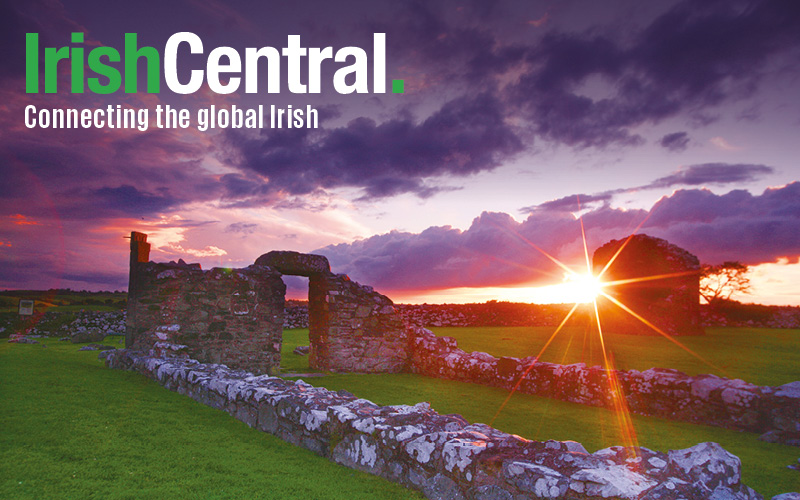Three Irish women are taking their case against Ireland’s anti-abortion policies to the European Court of Human Rights, and the Irish Government is ready to fight back.
The anonymous women, known as A, B and C, with the support of the Irish Family Planning Association, have filed a suit claiming that Irish law endangered their health and welfare by denying their right to an abortion and forcing them to terminate their pregnancies outside of the country. They state that leaving the country for an abortion produced a number of “enormous physical, emotional and financial burdens.”
The women involved in the case include a woman who ran the risk of an ectopic pregnancy, where the fetus develops outside the womb, a woman whose cancer went into remission while pregnant, and an impoverished mother whose children were taken away because she could not care for them.
New details have been released outlining how the Irish Government will defend itself in the France-based court’s review of the legal challenge.
The Government’s main defense is procedural, arguing that the case should be dismissed because the women bypassed domestic courts, and did not seek out all domestic legal solutions.
The women say they had “no chance” of winning their case in Irish courts, but the Government disagrees, saying they have no evidence of this, because, “It does not appear that any of the applicants took legal advice from an Irish barrister or solicitors as to the prospect of success in any legal proceedings instituted by them.”
Ivana Bacik, politician, Trinity professor and spokesperson for the Safe and Legal in Ireland Campaign for Abortion, anticipates that "the Court will deal with the domestic remedies procedural point in the upcoming months.”
The women say that Ireland's abortion laws violate their human rights on grounds protected by the European Convention on Human rights: the right to privacy; the right to be free from inhuman or degrading treatment; the right to protection of the law to safe-guard the life of an individual; and the right to be free from discrimination
The Irish Government says that the Convention does not grant the right to abortion, and therefore there has been no breach in human rights.
The Irish Pro-Life Campaign spokesperson Dr. Berry Kiely argues, however, that the case ignores the fact that “Ireland without abortion is the safest country in the world in which to be pregnant as shown by the latest international findings."
“Instead of seeking to have abortion imposed on this country, the IFPA should respect Ireland's pro-life ethos, particularly at a time when other countries are beginning to question their unrestricted abortion laws and the way such laws undermine basic respect for the dignity and preciousness of human life,” she said.
Meanwhile, Bacik told IrishCentral: “I think the women have a strong case before the European Court.”
She points to the European Court’s ruling on the complaint by a Polish woman whose health had been damaged after she was denied the right to terminate her pregnancy. The ruling on the case resulted in Poland being instructed to guarantee access to legal abortions.
Bacik said: “Polls have shown greatly increased support for legalization in certain circumstances, such fetal abnormality, rape of the woman and the woman’s health.”
The case has drawn much attention in Ireland and abroad, and a formal hearing on its merit is expected soon. Ireland has often come under fire for its constitutional ban on abortion from groups such as Doctors for Choice and Thomas Hammarberg, the human rights commissioner at the Council of Europe.




Comments